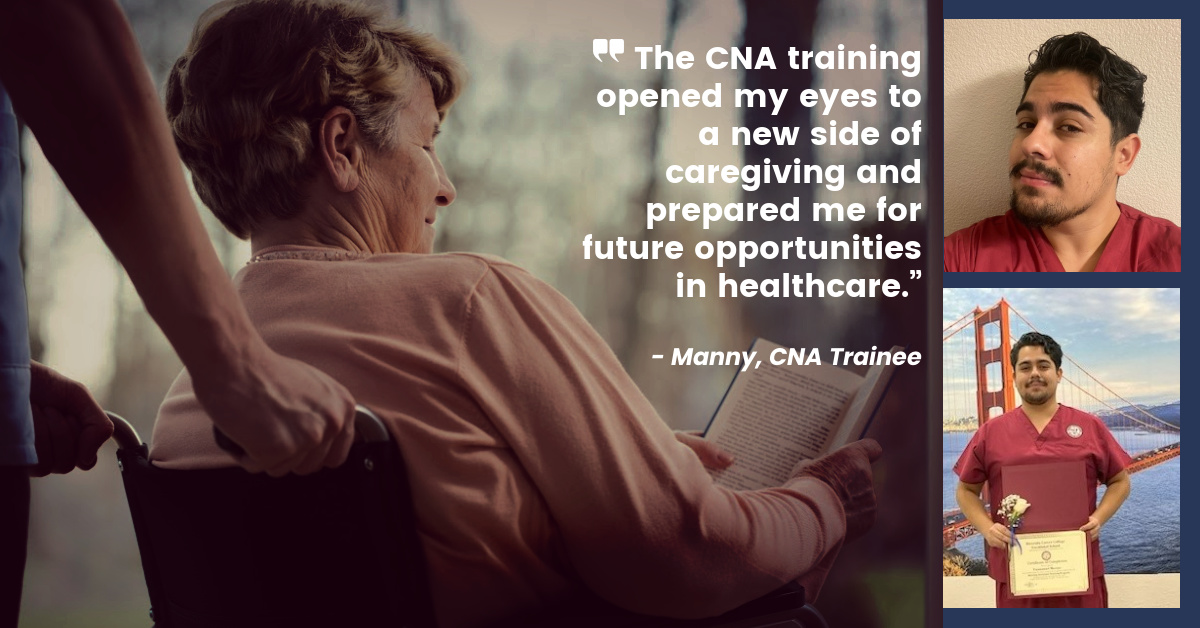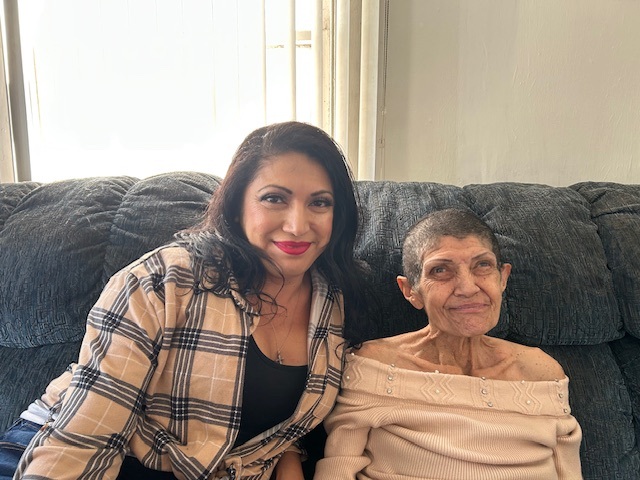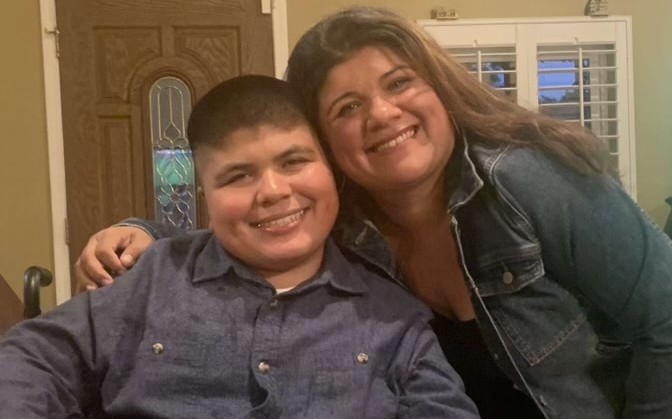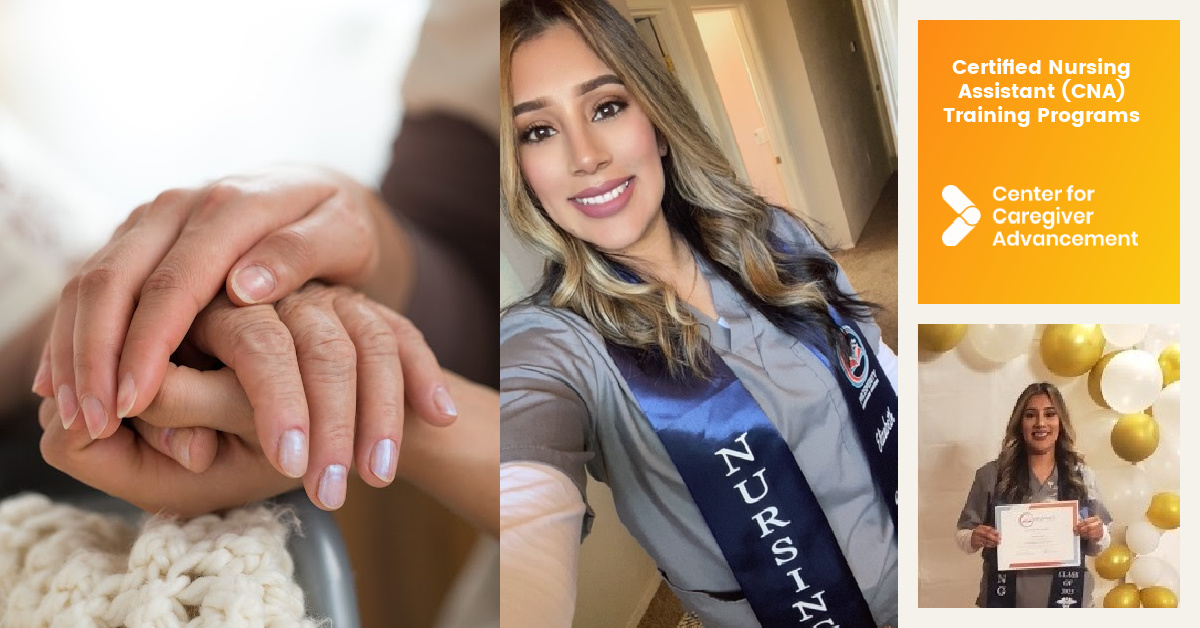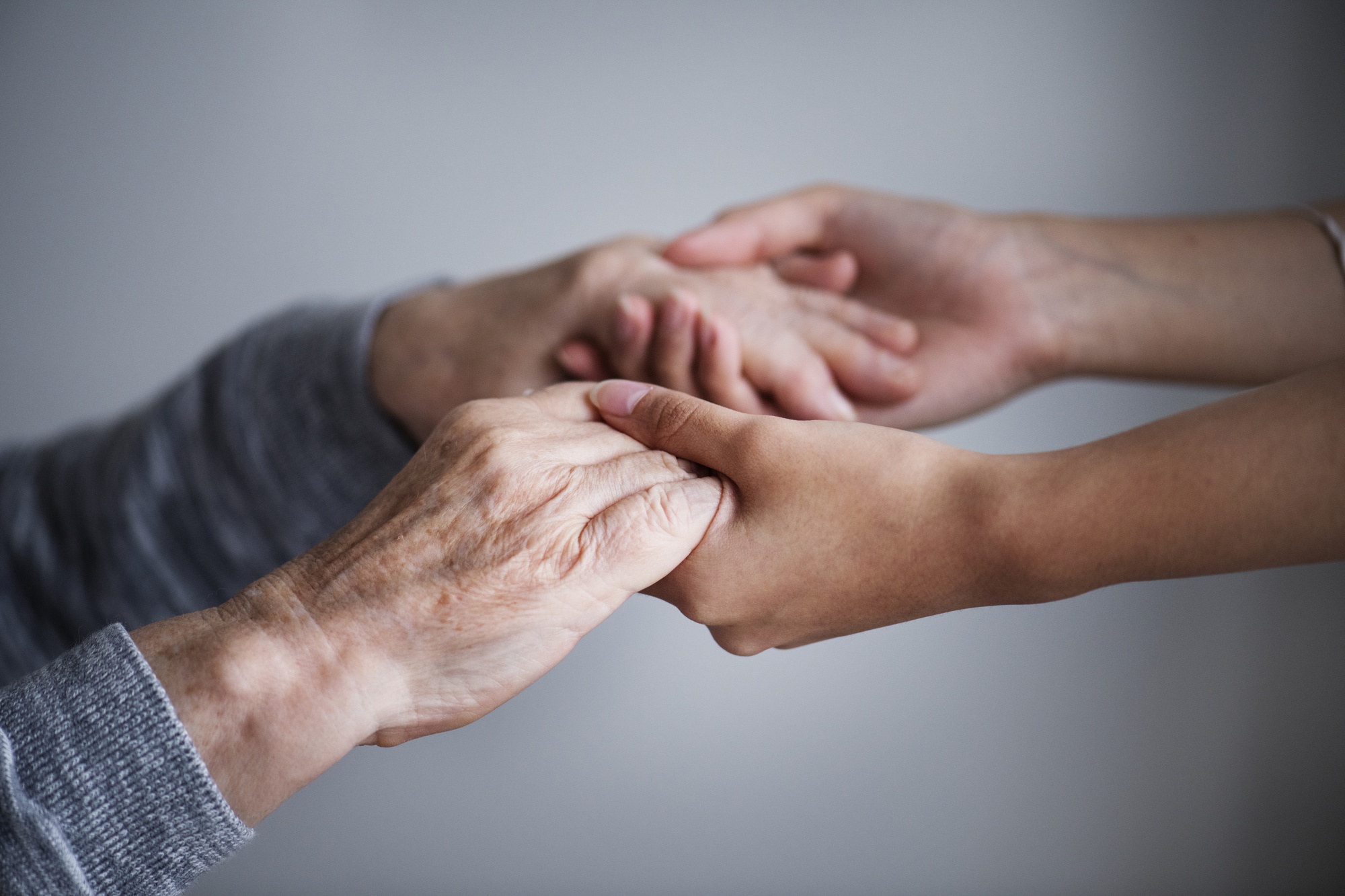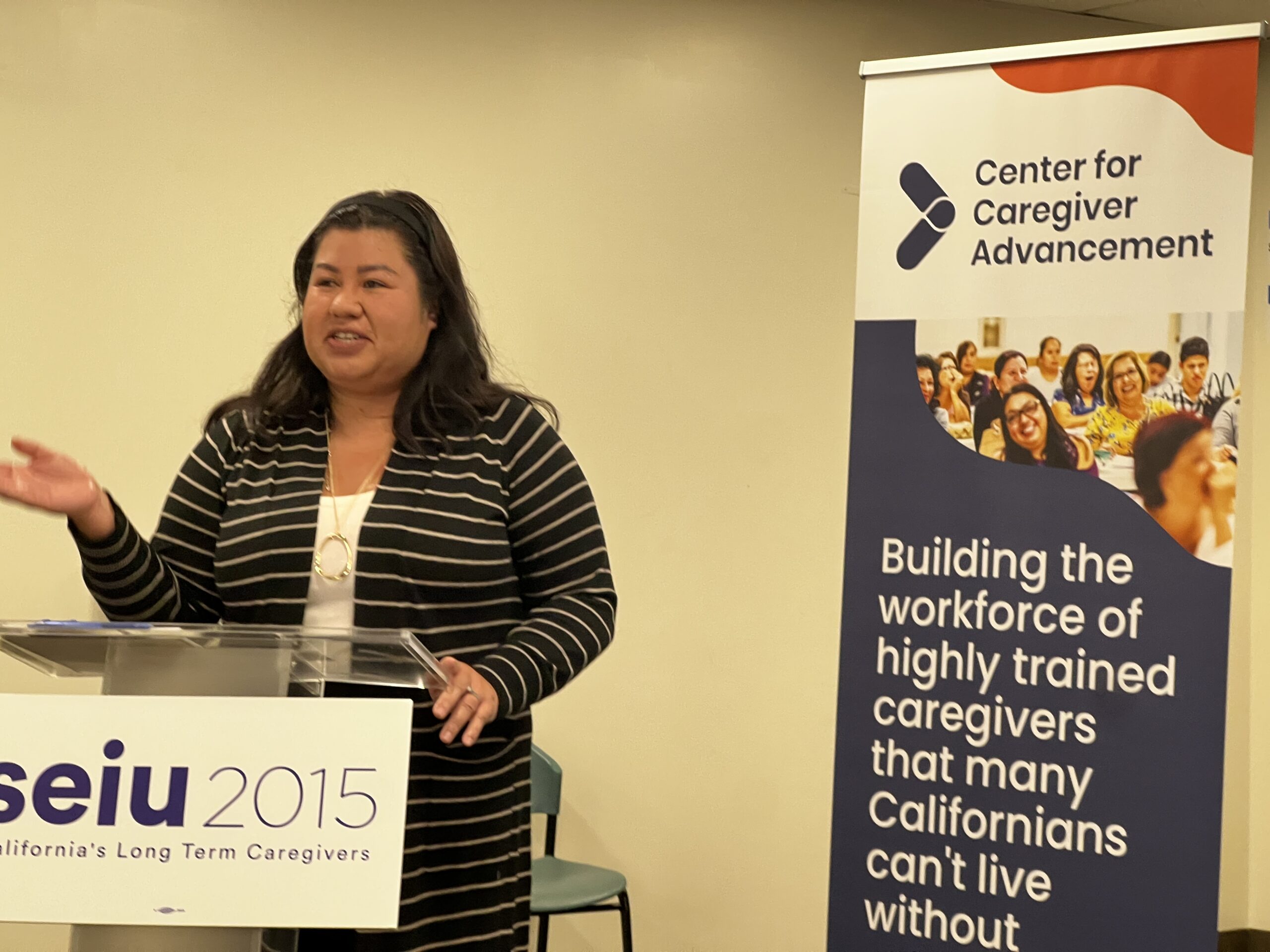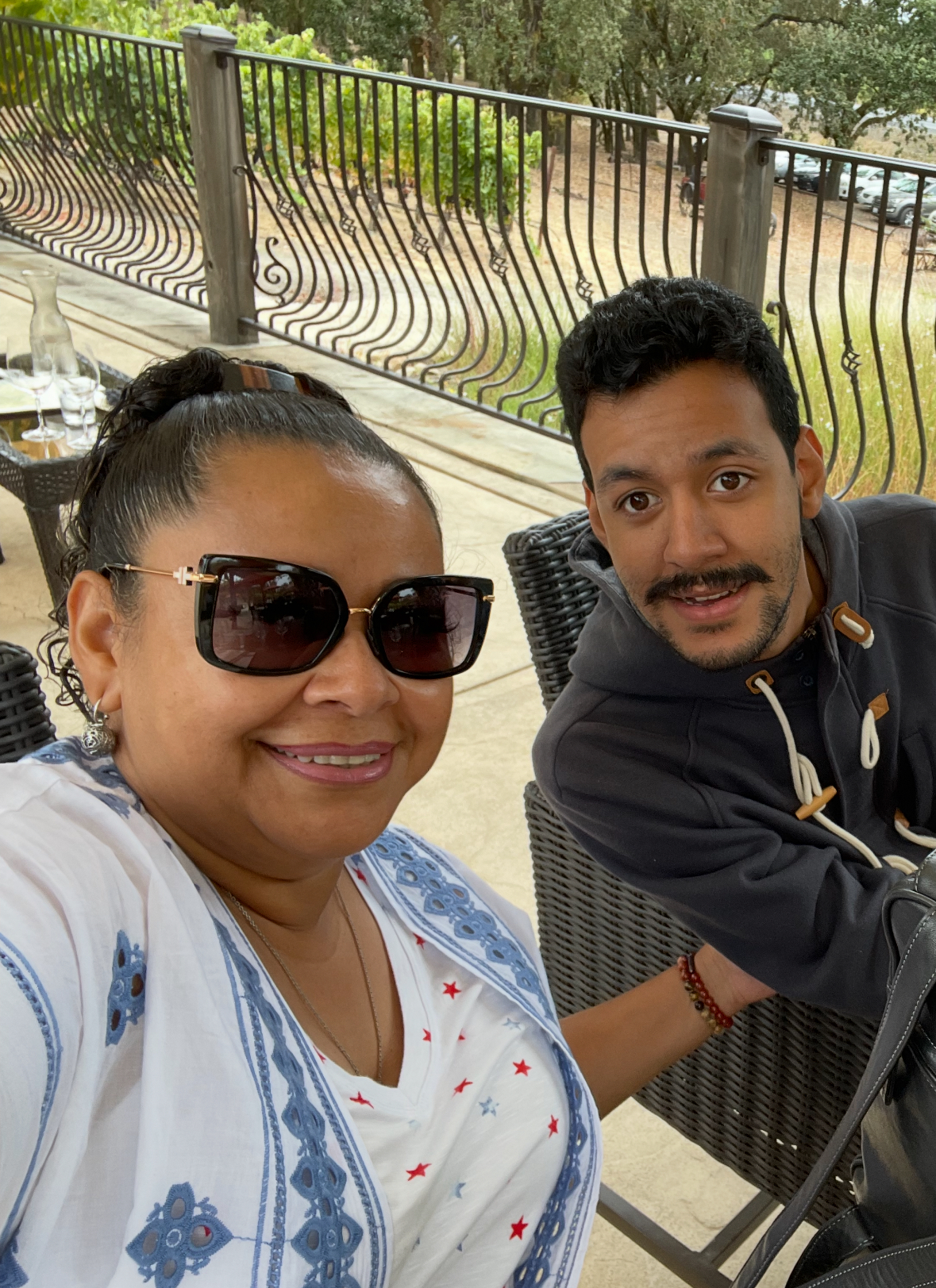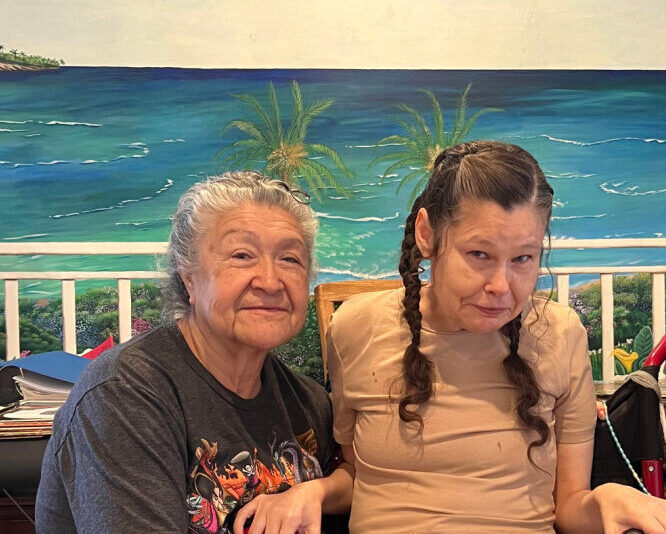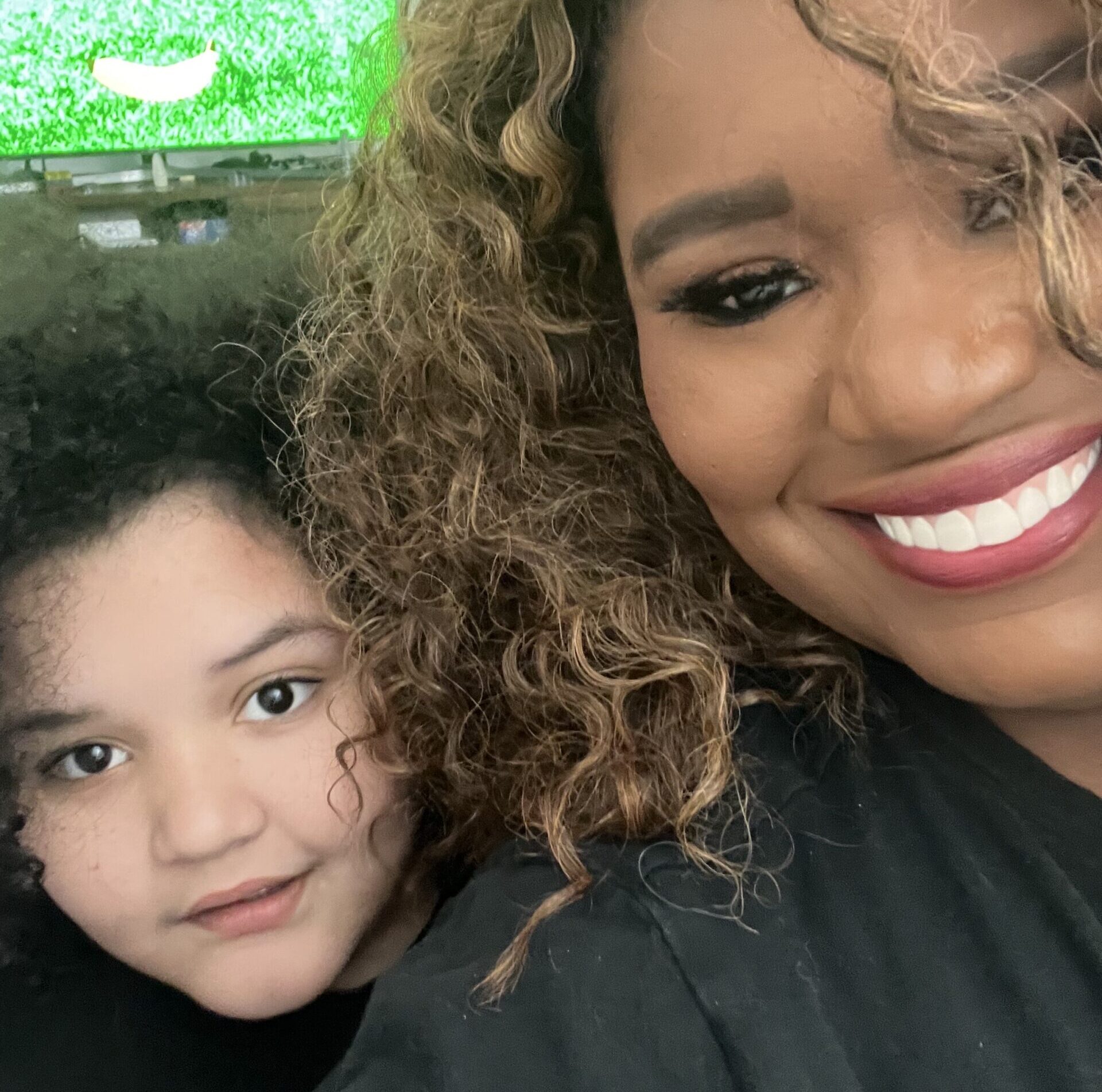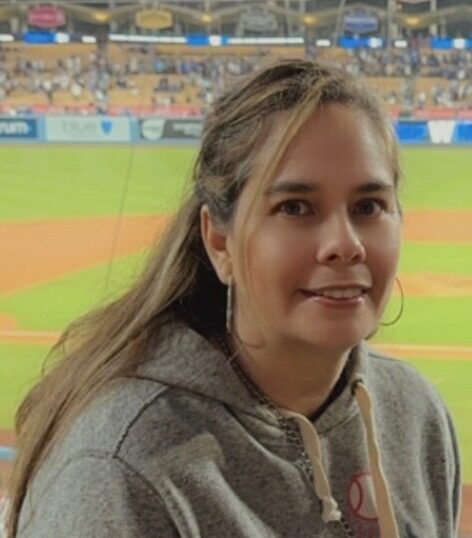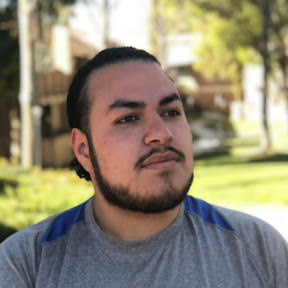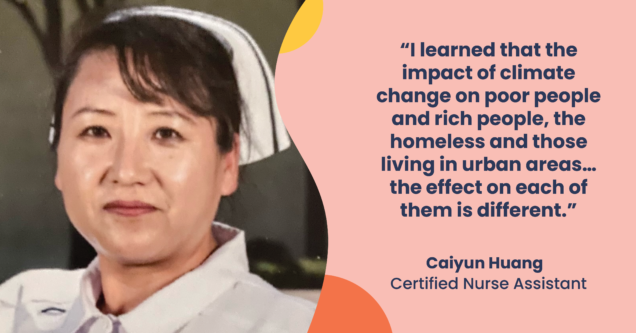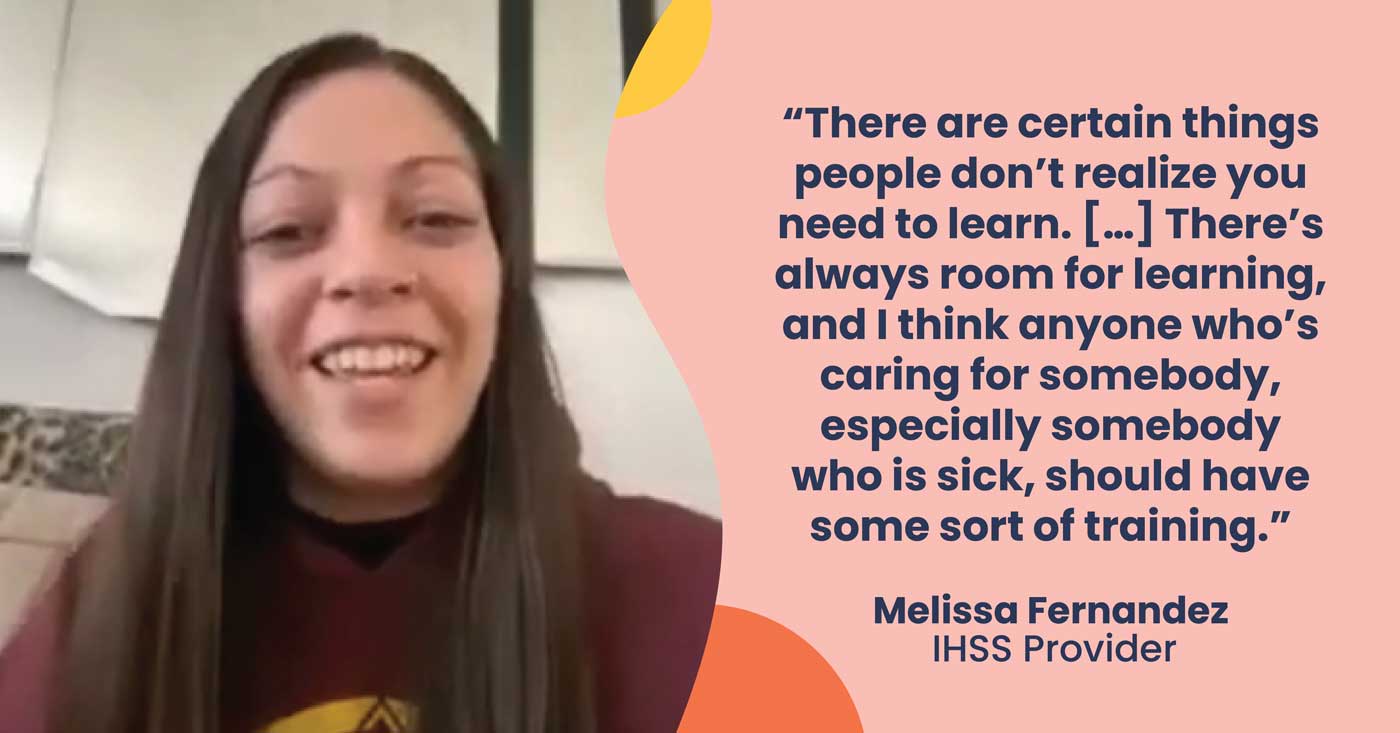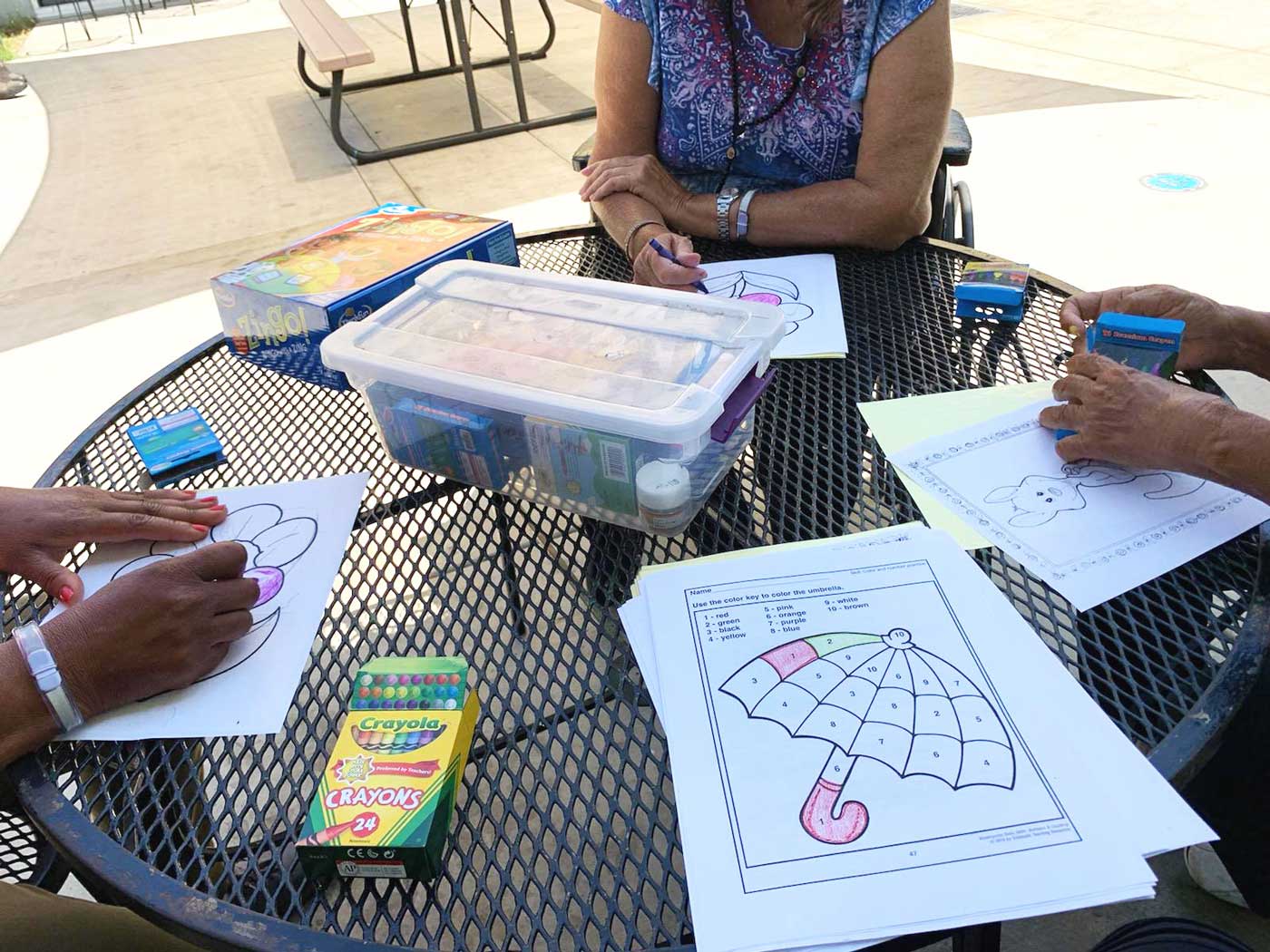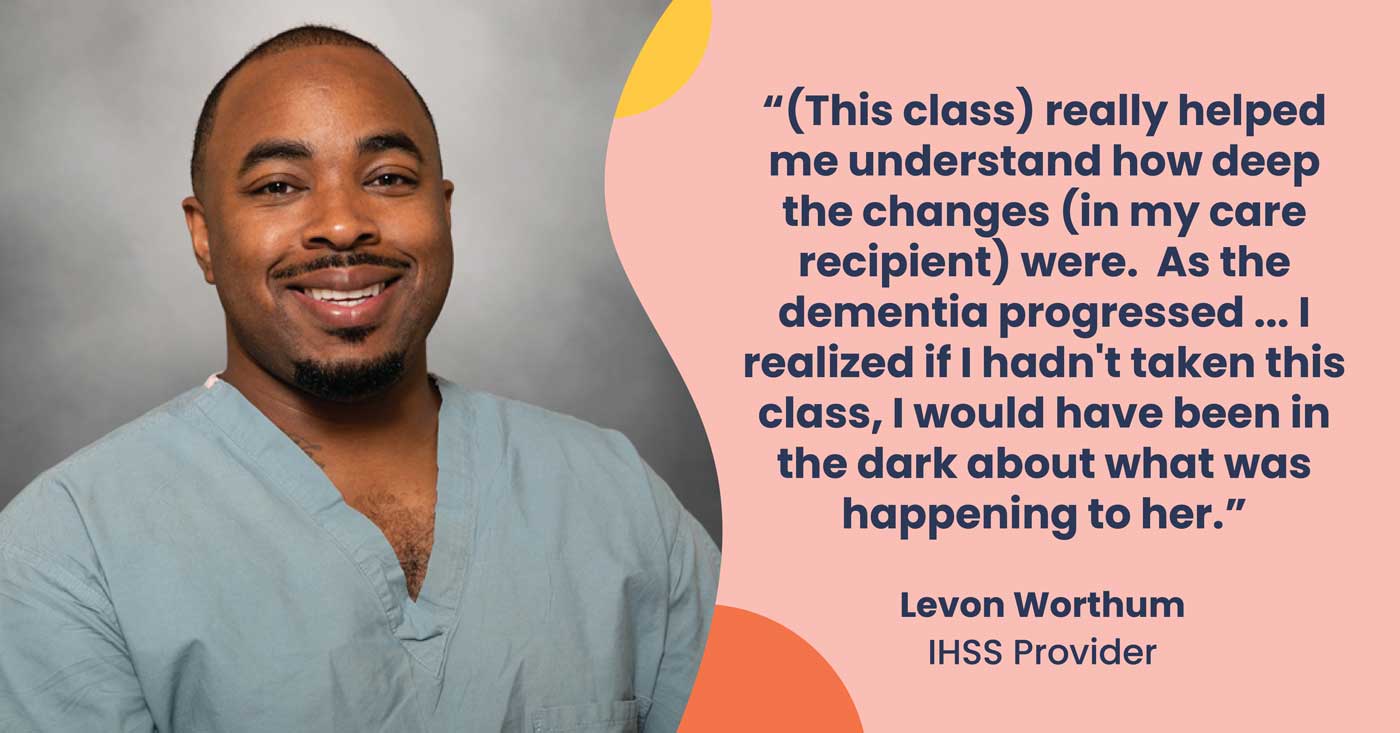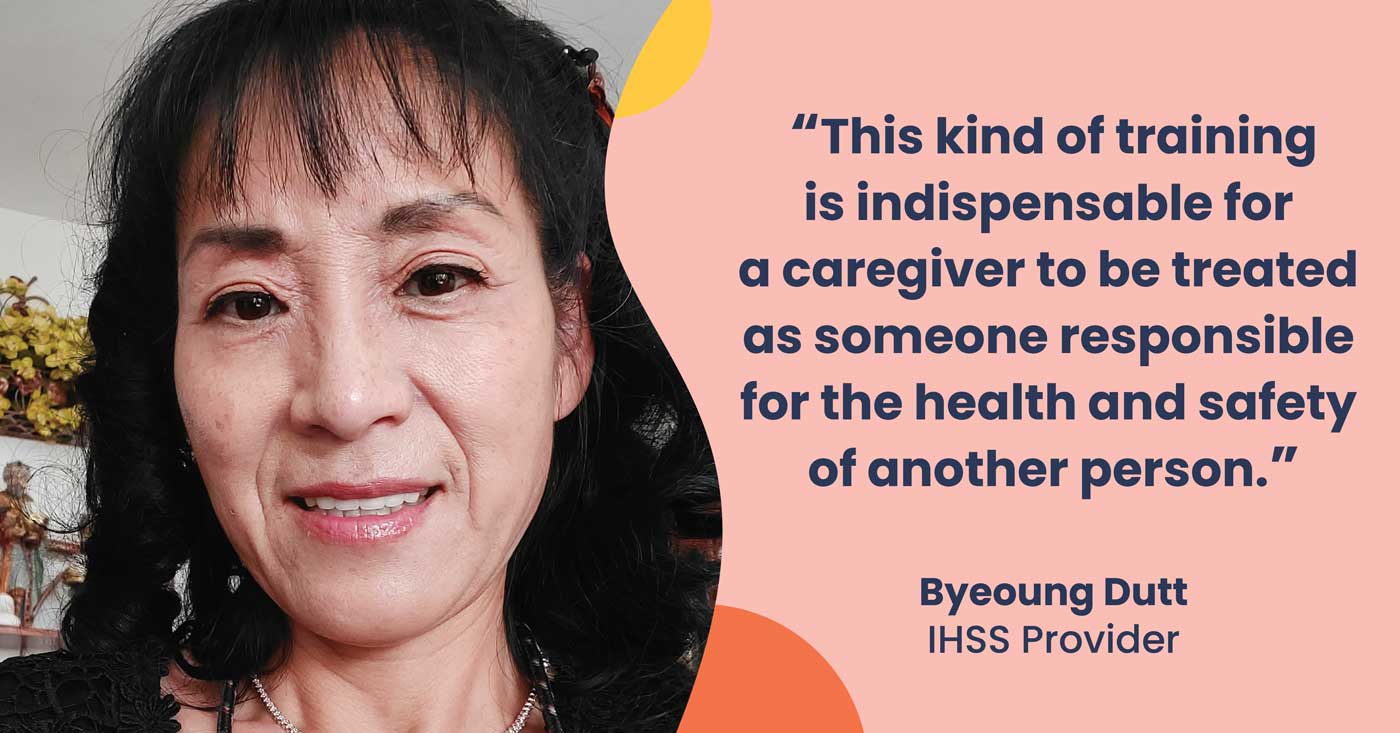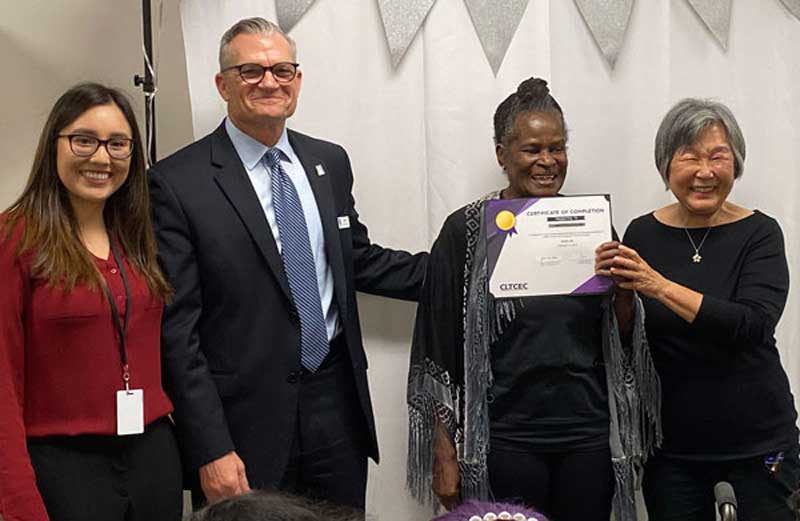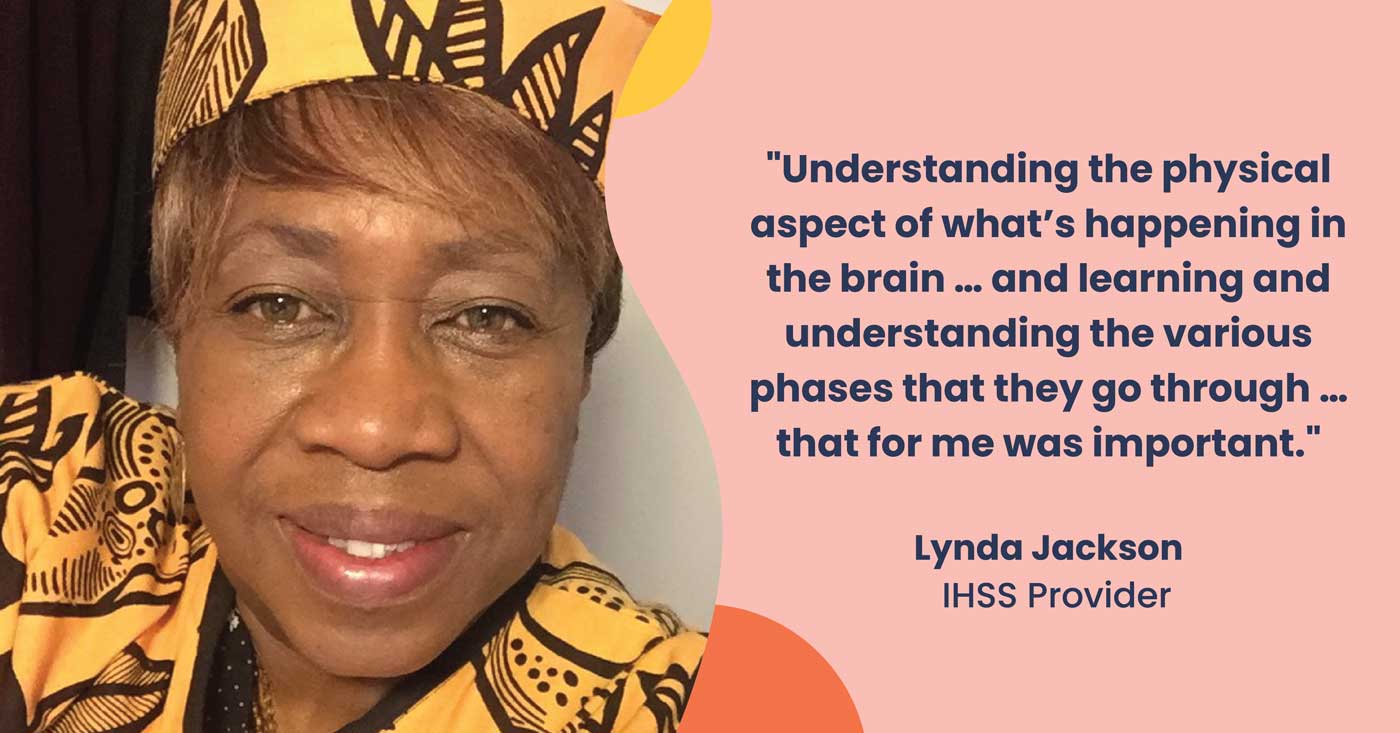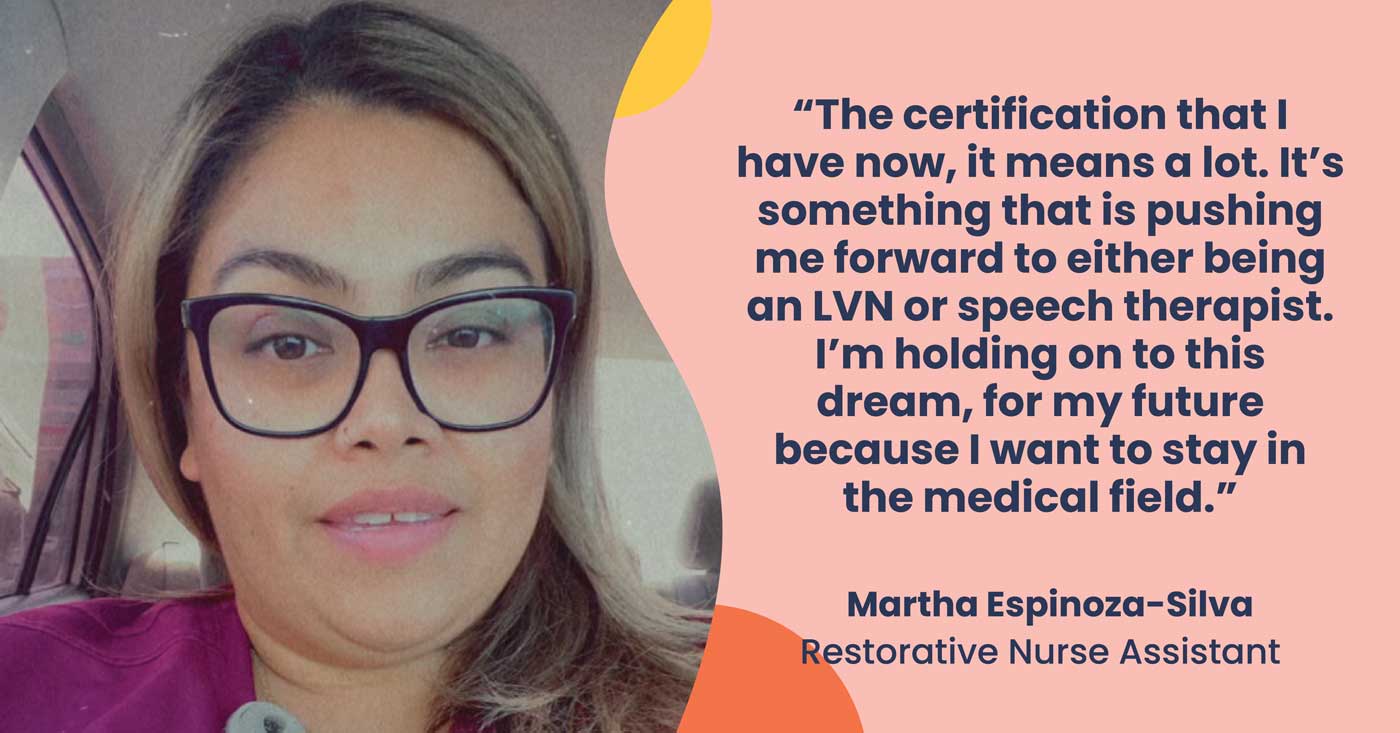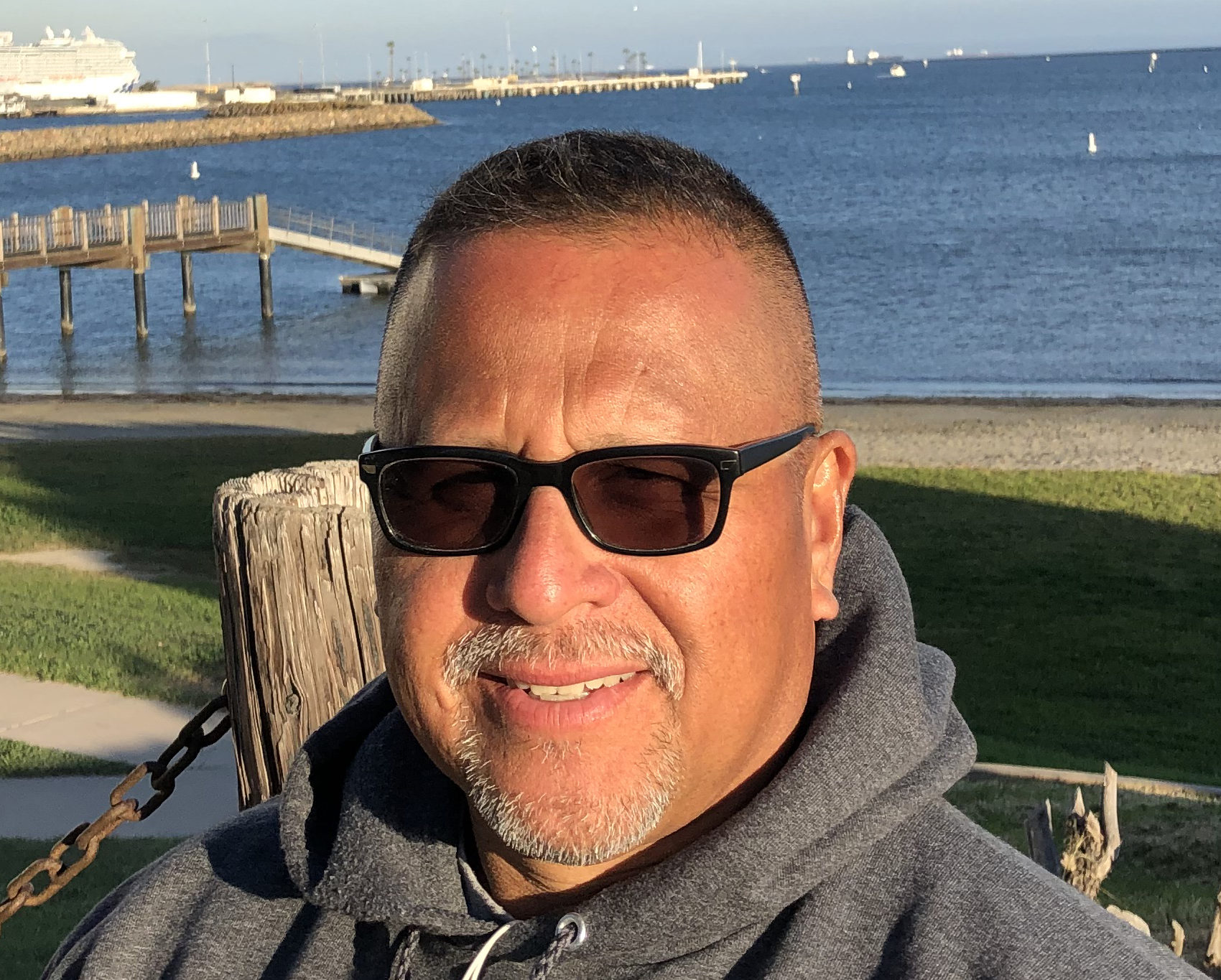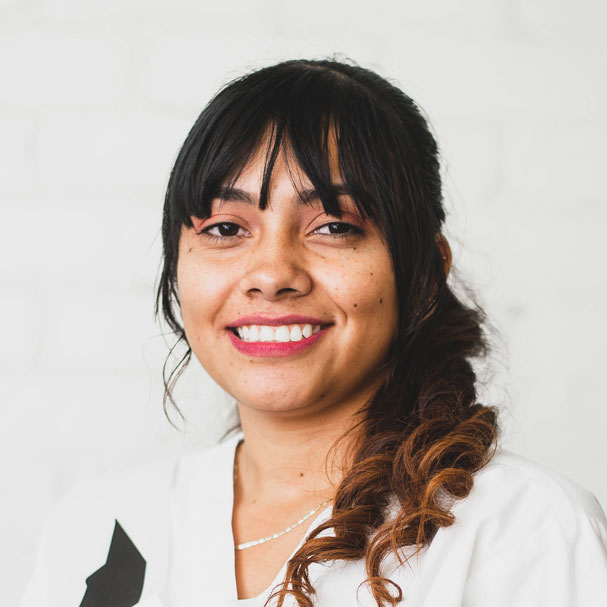Before Rebekah Acosta transitioned to being her daughter’s full-time caregiver, she was already entrenched in the developmental disabilities community. She has a bachelor’s degree in psychology, a master’s in special education, and two teaching credentials. She taught special education for 10 years.
But to be a better caregiver for her daughter, who has autism spectrum disorder, Rebekah knows she needs more than her master’s degree.
One thing that can be hard is the advocacy piece … making sure that all the pieces fit together. Kind of take things from different doctors and synthesize them into her and her needs, making myself familiar with any new medical needs that she has. I kind of have to become like a mini expert on her,” Rebekah shared.
For the past two months, Rebekah has been immersing herself in caregiver training. Rebekah is one of the IHSS providers taking courses with CCA through the IHSS Career Pathways Program. She has been focusing on CCA’s autism learning pathway, specifically because of her daughter.
Related story: Caregiver training for autism, other complex health needs
“…the classes really taught me how to analyze what my daughter needs and integrate that into what I do every day with her,” she said. The autism pathway is tailored for what Rebekah and her daughter need.
CCA’s Autism Spectrum Disorder (ASD) courses cover an overview of ASD and key terms and definitions, learning to identify signs and manage maladaptive behaviors, supporting ASD in different age groups, among others. The series concludes with a skills practice session, where participants can put what they learned into practice through case scenarios.
Caregivers like her, Rebekah said, “over time, become an expert on their child. When you have a child with a disability, you’re just kind of thrown into it. And as a parent, as a caregiver, you have doctors being like, ‘Well, you’re mom, you have to make the decision.’ And it can be kind of daunting.”
The autism care training helps familiarize caregivers with the terminology used by medical care professionals. This gives them the confidence to be decision makers and active participants in the care planning, Rebekah said.
With that in mind, Rebekah has been taking as many courses as she can with the Career Pathways Program. It’s a much-needed program for caregivers, she said.
Most other professions have continuing education opportunities, Rebekah said. This program gives “caregivers a chance to continue to have education and continue to build their knowledge base throughout their career. I know people think differently, but it’s still a career to be a caregiver.”




